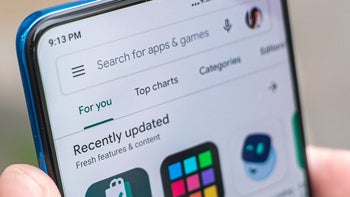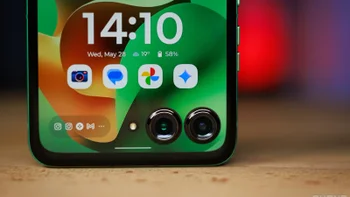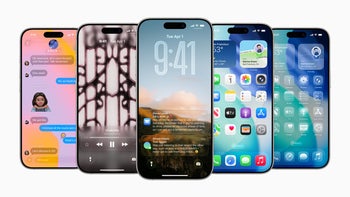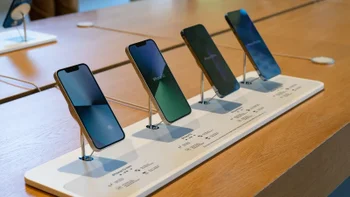So, are you ready for 4K smartphone screens? Qualcomm believes you should be and here's why

Is 4K way too much for smartphone screens? Most would say so – a large part of the consumer base does not even deem QHD (2560 x 1440) as a necessity, many finding it hard to discern a noticeable image sharpness increase, while techies who love to spend more time on their mobile device often argue that they prefer the now standard 1080p resolution and longer battery life, instead of having their batteries be sucked up by a bucketload of extra pixels.
Still, it seems that 4K is coming and it may be a mainstream thing, too, instead of an extravagant feature for a limited amount of phones. Sure, when we first heard about Sharp readying up a 4K phone display panel, that didn't mean that the rest of the industry will be so quick to follow. But now, Qualcomm has stepped up to back the 4K movement, and claims that it firmly believes that Ultra HD resolution (3840 x 2160) will be the pixel count of choice for 2015's premium smartphones.
But what is Qualcomm's reasoning? Well, first, the company does not entirely agree with the "Retina Display" concept, in a sense that it believes that the human eye can actually discern pixels, at a 10-inch distance, with densities much higher than 300 PPI – up to 573, to be exact. Then, there is "vernier acuity" – the human brain's ability to distinguish the relative alignment of two line segments. Vernier acuity allows the mind to perceive an offset between two line segments, even if said offset is smaller than a single retina photoreceptor. In other words, as screens get more pixels, we won't be able to "see" the images getting sharper and more detailed, but should "feel" them to look better. Furthermore, UHD may be overkill on a 5” screen, giving it a staggering 881 PPI, however, on a 10” tablet, it will result in 440 PPI, which, while still pretty high, isn't something we are not used to seeing on today's QHD smartphones.
Aside from the screens, Qualcomm also believes that smartphones need to have a natural 4K resolution for yet another reason – interconnectedness with high-quality TVs and monitors. Since 4K video capture on smartphone cameras is now a thing, and its availability is only expected to increase, it's natural to expect that, in the near future, a lot of user-generated media will be in UHD. This will, in turn, drive the adoption of 4K for all types of screens to slowly take over the consumer device ecosystem, and it would only make sense to not exclude the smartphones from said ecosystem, and give them the same resolution screens.
At least, that's what Qualcomm's reasoning is. What's your take on that?
source: Qualcomm
At least, that's what Qualcomm's reasoning is. What's your take on that?
source: Qualcomm
Follow us on Google News













Things that are NOT allowed:
To help keep our community safe and free from spam, we apply temporary limits to newly created accounts: